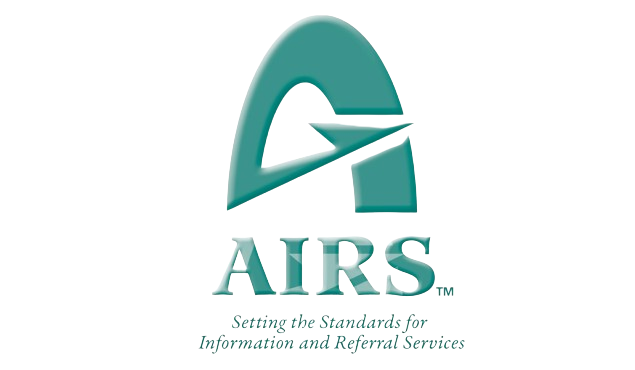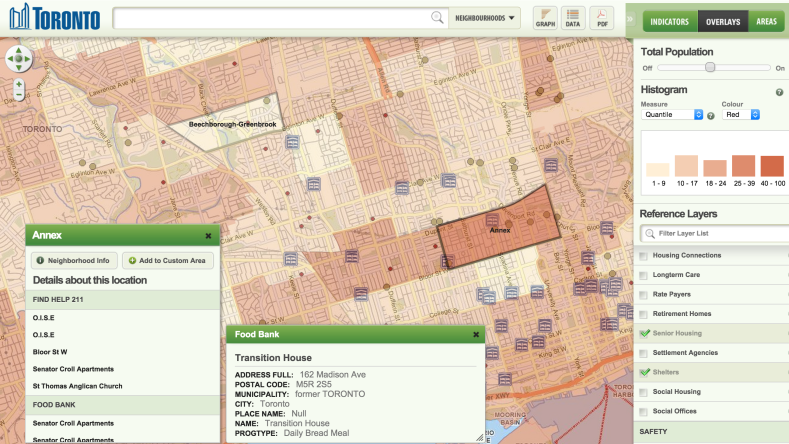Author: Greg Bloom
-

The 2016 AIRS style guide: newly open sourced!
The Alliance of Information and Referral Systems (www.airs.org) is the trade association for ‘information and referral’ providers across North America — such as 2-1-1s, Area Agencies on Aging, and other organizations that help people connect to services that can meet their needs. The AIRS Style Guide puts forth a formal set of recommended practices for collecting,…
-
New Philanthropy Capital: Joining the Dots
Last October, I had the opportunity to visit London and spend some time learning about the UK social sector, at events such as the excellent NPC Ignites conference. On this trip, I was impressed by people’s sense of pride in the country’s long history of public service provision. But I also heard clear notes of…
-

Annual Review wrap-up: the path ahead
In 2014, we formed a table and conducted research. In 2015, we initiated action. In 2016, we’ll put these ideas to the test, and learn from our work. Based on your feedback so far, here’s what that might look like… (This note is far from a final word on the matter — please share your…
-

2015 in Review: who’s doing what, where and why
In the last blog post, we discussed the different technological products that have emerged through Open Referral. [See our entire 2015 Year in Review here.] In this post, we’ll discuss the different projects in which people are using these tools to find new ways to share and use information about the health, human, and social services available…
-

2015 in Review: the building blocks of an open ecosystem
A world in which information about community resources is easy for anyone to find, trust, and effectively use — in whatever way works best for them. This is Open Referral’s hopeful vision of the future. In 2015, we saw the first glimmers of such a world. Let’s take a look: Continue reading →
-

2015 In Review: Much Progress and Many Thanks
As we wrap up 2015, I’ve taken a moment to review our progress over the course of the year. It’s been a long journey with lots of moving pieces, and I’m so inspired by the many people who are playing roles of all kinds in this collective effort to reimagine a safety net for the…
-
Data for Good Exchange: a new paper with an old concept
In late September I had the privilege to discuss our work at the Data for Good Exchange, a symposium hosted by Bloomberg. As part of the event, I presented a paper which you can read here. Much of the paper recaps the thinking and work behind the Open Referral initiative to date…. Then, taking into…
-

New Partnerships up North: Open Referral in Canada
[UPDATE: The Ontario Non-Profit Network has posted its ‘Data Strategy,’ which specifically references the emerging partnerships described below. Check it out!] Canada is an international leader in the field of open data, especially in the non-profit sector. The Canadian Revenue Agency was the first government entity of its kind to publish open, machine-readable data about…
-
Huertas de Datos: Open Referral in Madrid
Early last month, I traveled to Madrid to discuss the community resource directory data problem, and our work here in the Open Referral initiative, at the commencement of a civic hacking workshop hosted by Medialab-Prado. Medialab-Prado is a publicly-funded “citizen laboratory for the production, research and dissemination of cultural projects that explore collaborative forms of…